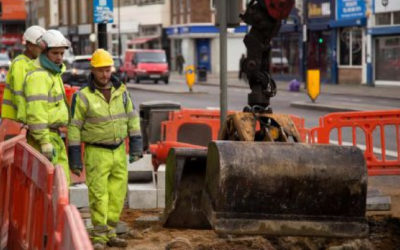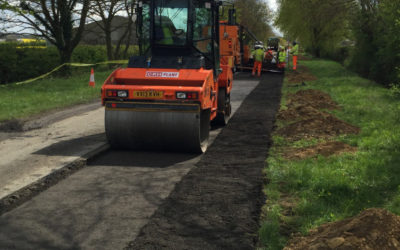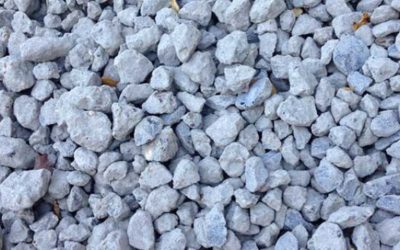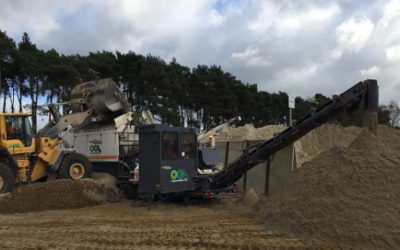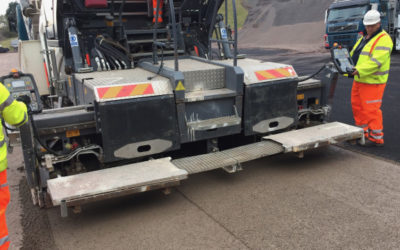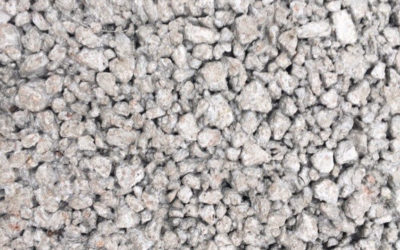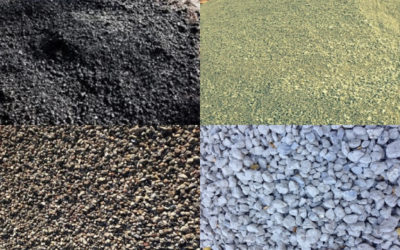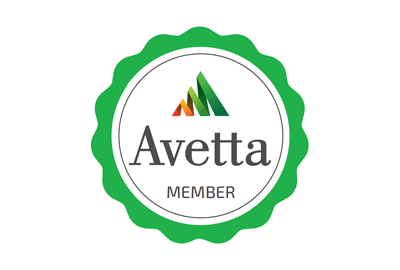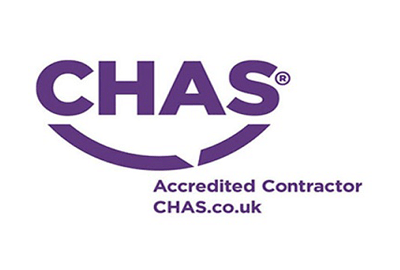In 24 hours, world leaders gather in Glasgow for a critical climate summit, COP26.Yet, all across the planet, it is evident that all indications of rising temperatures are being felt, with storms, wildfires, and floods occurring in new and prior locations on an increasing frequency.
It is no longer necessary to debate the science of climate change. It is happening. What is required now is action.
The latest report from the Intergovernmental Panel on Climate Change confirms that our activities as humans harm the climate. But, more happily, the International Energy Agency’s (IEA) World Energy Outlook 2021 shows that we know what to do about it, in substantial detail and at an affordable cost. Yet, we continue not to do what we should, and emissions are rising.
The IEA sets out four scenarios: “stated policies” (STEPS), which consists of government policies; “announced pledges” (APS), which assumes governments will meet all pledges in full and on time; “sustainable development” (SDS), which are the UN’s sustainable development targets; and, lastly, “net zero emissions by 2050” (NZE), which is just that.
The issue is STEPS stabilises emissions but does nothing to make the radical dent in carbon gas expulsion needed, and therefore nothing to prevent ever-rising temperatures. Even APS would lower emissions only to 20 gigatonnes of CO2 per annum by 2050. Under both of these scenarios, temperatures would continue to rise. NZE would deliver net-zero emissions by 2050 and a median temperature increase of 1.5°C above pre-industrial levels. Still, it would also need to cut global emissions by at least 40 per cent by 2030.
We can make changes now, and not only is it feasible, but it is affordable. All it takes is will from us all as humans, innovation to expedite reductions from vendors and commitment from us as business owners. In one generation, we need to shift to a new energy economy. The key to the new system is renewables.

Deciding to make a difference, now.
Renewables are close to my heart. It’s why with our recent rebrand of OCL, we added in the word ‘regeneration’. Some might say it’s a gimmick, but it is actually a clear outline of the future of the business and a statement of intent. OCL has three core focus areas: we are a national specialist recycling contractor, run recycling hubs for highway waste, and are innovators of low carbon asphalt engineering.
In the past twelve months, we have firmly established ourselves as the UK leader of highways waste recycling and producer of low carbon materials, delivered a proof of concept for our recycling depot vision and opened two new sites Medway, and Micheldever, joining the existing Avonmouth depot.
Site won wastes can be made back into asphalts and concretes through innovative methods. This means that the project is less reliant on shipping in new materials and can save on disposal costs, protect finite primary quarried aggregates while also diverting wastes from landfill and taking lorries off the road
Creating new asphalt material from highway waste is going to help local government achieve its carbon reduction commitments. How can I be so sure? We’re doing it already.
Recycling old bituminous highway materials isn’t a radical new idea. However, OCL has been able to recycle materials to meet the strict performance criteria needed for highway use. Previously this was a major hurdle, so constructors could only use the recycled material for planings such as building sub-base, hard-standings and farm tracks.
More recently, the use of foamed bitumen or emulsion as a binding agent in this process has increased in popularity. First seen in the 1950s, foamed bitumen is made by adding small amounts of water to hot bitumen. The water flashes into steam, atomising the bitumen. This foams up, expanding up to 30 times its original volume. The idea to apply foamed bitumen to bind cold recycled material in highway construction led to the arrival of OCL’s Cold Recycled Bound Material (CRBM) solution, Foambase.
Roads will still require that the top layer of asphalt be ‘virgin’ to ensure the smooth, unblemished surface so desired by constructors, however, recycled material can make up the base layer and binder course.
The use of alternative low carbon recycled materials is a great way to not only reduce the carbon footprint of a project but also to de-risk on the pressures and escalating costs of the scarcity of supply and transport. Self-delivery of elements of a project becomes a reality.
Feeding the need: The solutions have arrived.
The UK asphalt market currently requires 27.3 million tonnes of material. The Carbon Trust, Regional Growth Fund and Tarmac commissioned a study into how much of that figure can be delivered by cold-lay such as OCL’s Foambase solution.
Incredibly 17 million tonnes of that figure is base and binder and ripe for replacement with the low carbon cold lay process. The study suggested that 15% of that 17 million tonnes can be replaced by Foambase, which cuts carbon production by 50 percent. That study was undertaken in 2014, with the date for that 15% mark being predicted to by 2023.
While the debate about how cars should be powered rages on, one thing is not up for debate. We need roads, they are the backbone of economic growth and prosperity and their upkeep and building of them is a sector that the UK knows it needs to invest in. But, embodied carbon in materials such as asphalt and concrete makes up a very large percentage of the overall emissions profile of a road project. Action needs to be taken now.
OCL Regeneration’s recycling and waste reduction systems already save thousands of tonnes of mineral aggregate and crude oil from being extracted from the earth and cut thousands of tonnes of CO2 emissions. What’s not to like about that?
If you are in highways construction or are about to make an order for asphalt for a private-sector project, get in touch and let’s see if we can work together to make a difference and cut carbon emissions.
Remember, the only thing preventing us from reducing carbon emissions is the will and desire to actively make these changes. The solutions for highway waste recycling are affordable and here.

